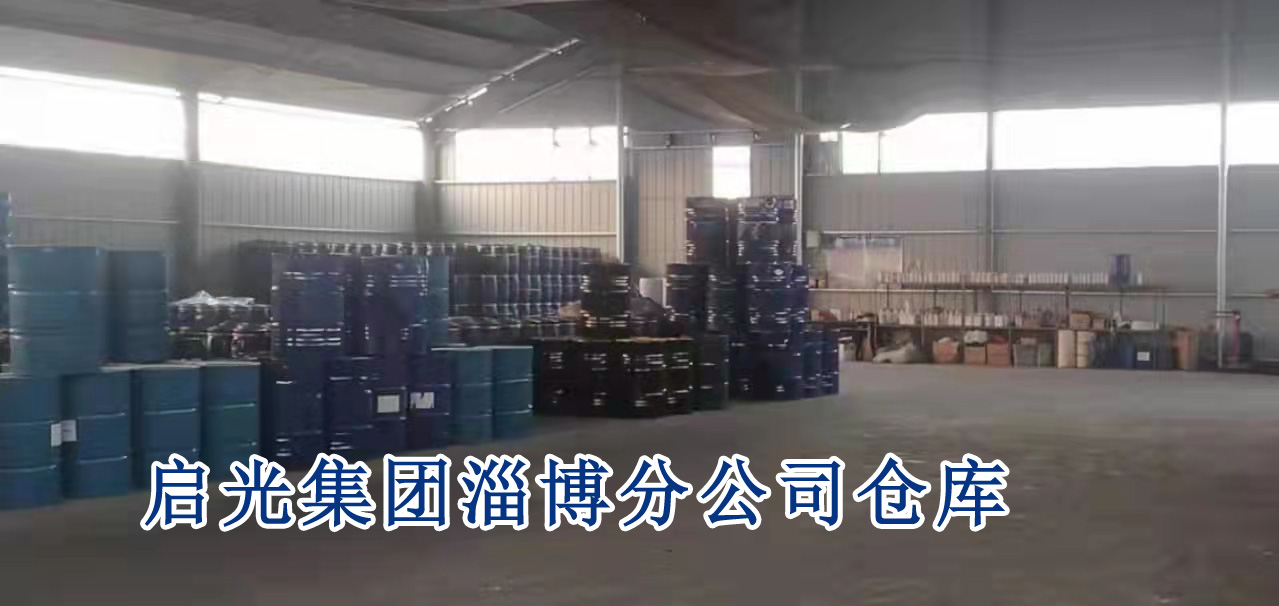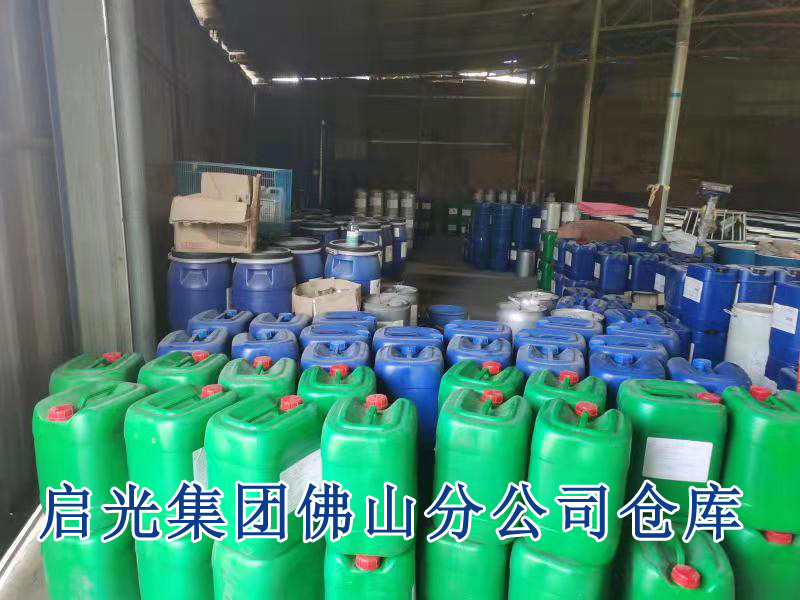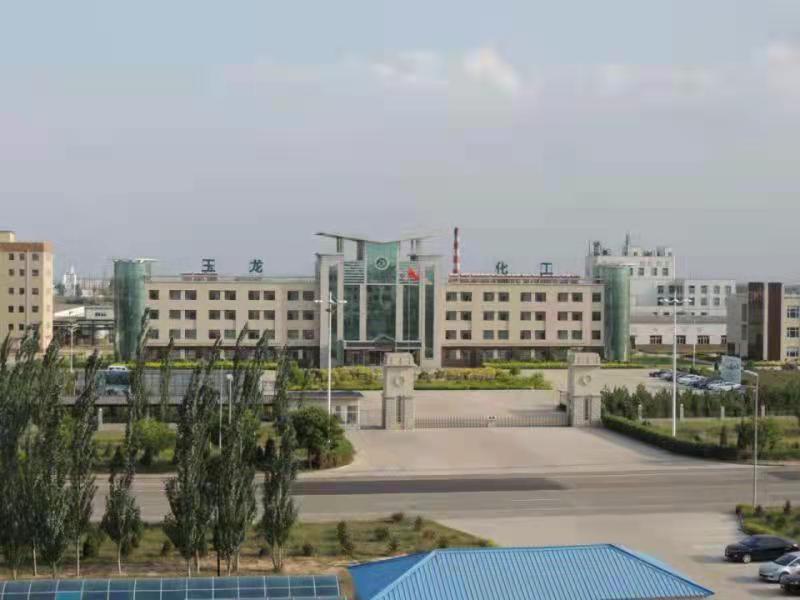The greenhouse gas carbon dioxide (CO2) is the end product of many chemical reactions, and its excessive emission will aggravate the global average temperature rise and put great pressure on the ecological environment. How to efficiently convert and utilize CO2 is a hot spot and difficult point of research in the field of energy and chemical industry. On April 23, the reporter learned from the Dalian Institute of Chemical Technology (DIC) of the Chinese Academy of Sciences that Deng Dehui’s team, in collaboration with Wang Ye’s team from Xiamen University, has achieved the first low-temperature, high-efficiency and long-life catalytic CO2 hydrogenation to methanol using sulfur-vacancy-rich molybdenum disulfide (MoS2) catalysts.
The MoS2 catalyst, which took nearly six years to develop, showed significantly better activity and selectivity than metal oxide catalysts and excellent stability, opening up a new way to achieve low-energy, high-efficiency CO2 conversion and utilization. The research results have been published in Nature Catalysis, and an expert review article titled “Unusual vacancy catalysis” has been published to give high praise to this research.
Methanol production from green hydrogen (H2) based on renewable energy is one of the most important ways to convert CO2 into energy. Usually, conventional metal oxide catalysts require reaction temperatures above 300 degrees Celsius and are often accompanied by severe inverse water gas conversion reactions, resulting in the production of large amounts of carbon monoxide as a by-product.
“The introduction of transition metal components in metal oxide catalysts can promote the activation of H2 and thus lower the reaction temperature, but it tends to lead to excessive hydrogenation of CO2 to produce methane, thus reducing the selectivity of the target product, methanol.” Researchers at the Dalian Institute of Chemical Technology say that there is an urgent need to find new catalyst systems for the efficient low-temperature hydrogenation of CO2 to methanol.

It is worth mentioning that in a small laboratory trial, the one-way conversion of CO2 at 180 degrees Celsius could reach 12.5% and methanol selectivity up to 94.3%, which is significantly better than previously reported conventional catalysts such as metal and metal oxide, and its performance could also be stably maintained for 3000 hours without decay, showing excellent potential for industrial applications.

Felix Studt, a professor at Karlsruhe Institute of Technology, Germany, said that the efficient conversion and utilization of CO2 is an important part of achieving carbon peaking and carbon neutralization, and this study reveals the potential of sulfur vacancies of two-dimensional MoS2 in catalytic reactions, which provides new ideas for the development of new catalysts for CO2 hydrogenation and is expected to bring great efficiency gains for industrial applications of CO2 hydrogenation to methanol.

Translated with www.DeepL.com/Translator (free version)

